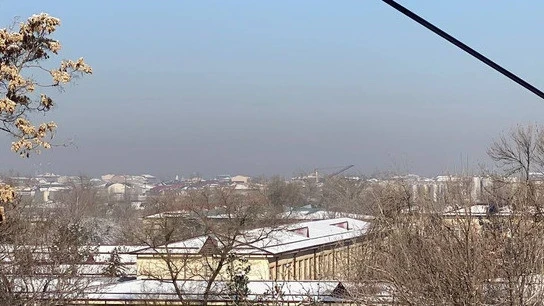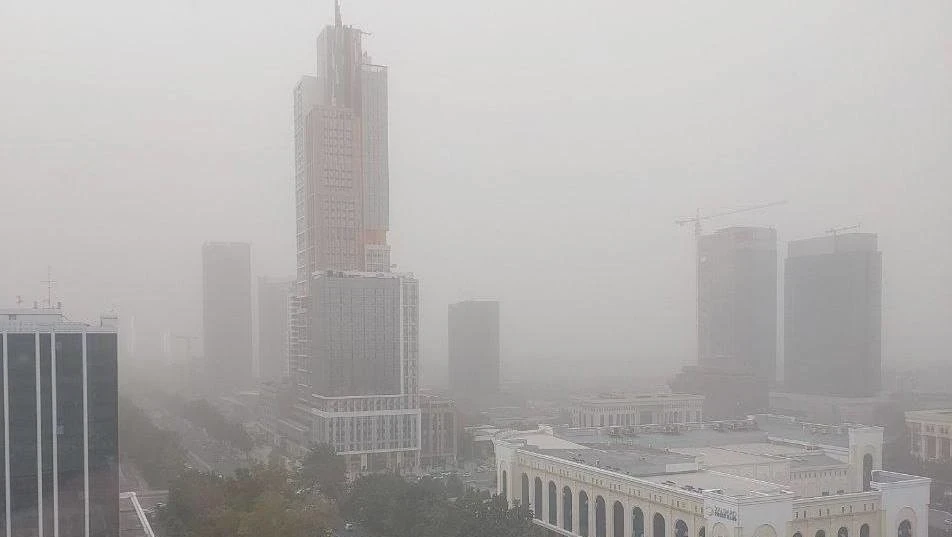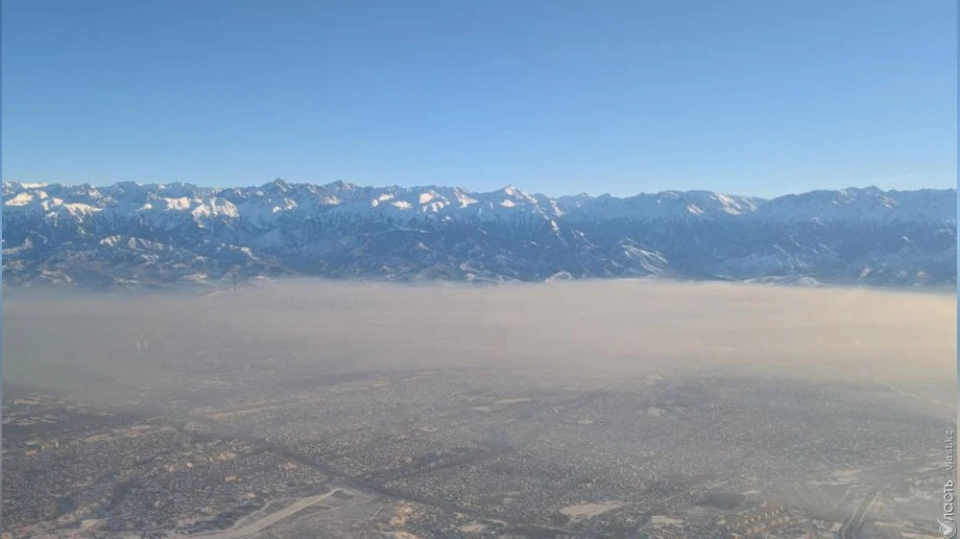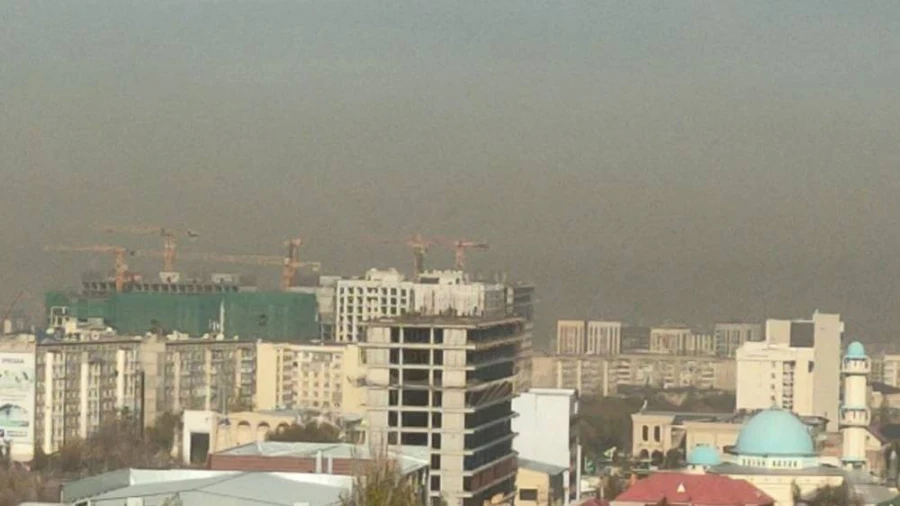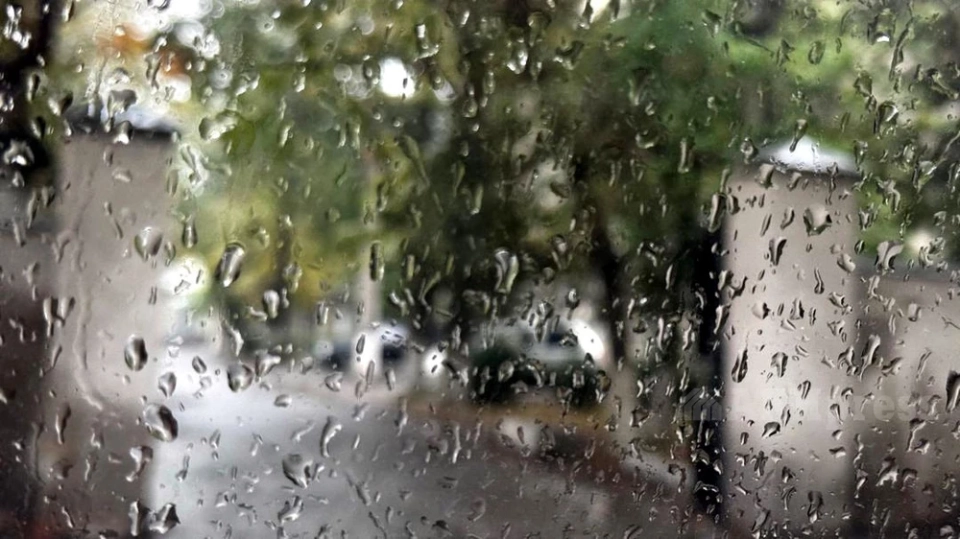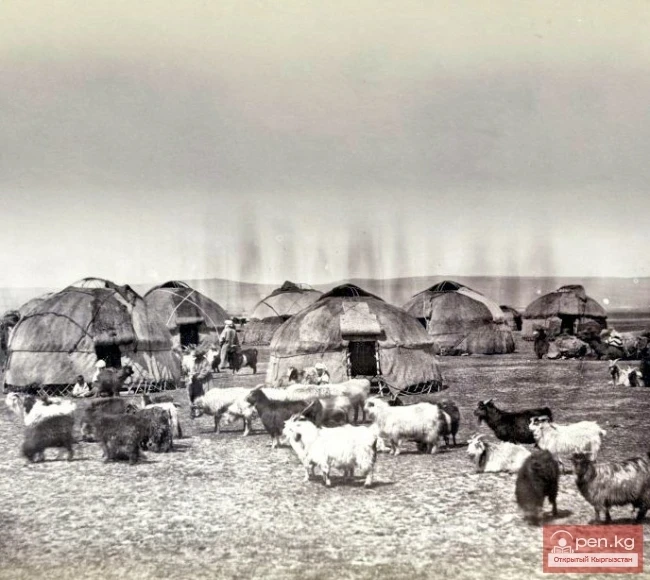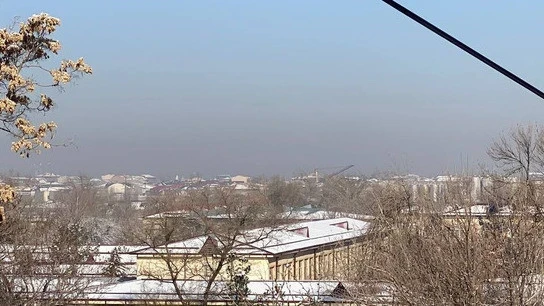
Since November 20, the Agency for Hydrometeorological Service of Uzbekistan (Uzhydromet) has started to inform citizens daily about the deteriorating atmosphere and has strongly recommended wearing masks outdoors. According to automatic stations, the level of fine particulate matter PM10 in the capital reached 299 micrograms per cubic meter — this value is close to the maximum allowable concentration of 300 µg/m³. However, the level of PM2.5 reached 202 µg/m³, which is 3.4 times higher than the norm of 60 µg/m³.
Uzhydromet explains the increase in pollution by sharp temperature fluctuations that contribute to the formation of atmospheric inversion. As a result, pollutants remain in the lower layers of the atmosphere. Specialists warn that adverse weather conditions will persist for several more days, so it is recommended to limit time spent outdoors and use protective masks.
Since the beginning of November, Uzhydromet has been actively sharing data on PM2.5 and PM10 concentrations through its Telegram channel, accompanying the information with city maps. Previously, the agency only published annual average pollution indicators, as reported by "Gazeta.uz".
According to the new sanitary standards SanPiN 0053-23, approved in May 2024, the maximum allowable values for PM2.5 and PM10 are 60 and 300 µg/m³, respectively. At the same time, the World Health Organization recommends significantly stricter standards — 15 µg/m³ for PM2.5 and 45 µg/m³ for PM10.
Uzhydromet notes that with the onset of winter, there is an annual increase in pollution, which is associated with increased use of solid fuels. The main consumers of coal are greenhouse farms, factories, and plants.
Greenhouse farms have faced criticism from the public and local authorities. The authorities of Tashkent accused them of air pollution, and as a result of inspections, the operation of more than a hundred greenhouses was suspended for violating environmental standards. 58 greenhouse owners were held administratively responsible.
At a meeting chaired by President Shavkat Mirziyoyev, measures to improve the environmental situation were discussed. He emphasized the need to strengthen control and transparency in the management of the environmental sector. The Ministry of Energy and local administrations have been tasked with assessing gas consumption by greenhouses and addressing issues with gas distribution networks. Also among the priorities is the implementation of energy-efficient heating technologies and the transition to alternative energy sources, including biogas and solar panels.
